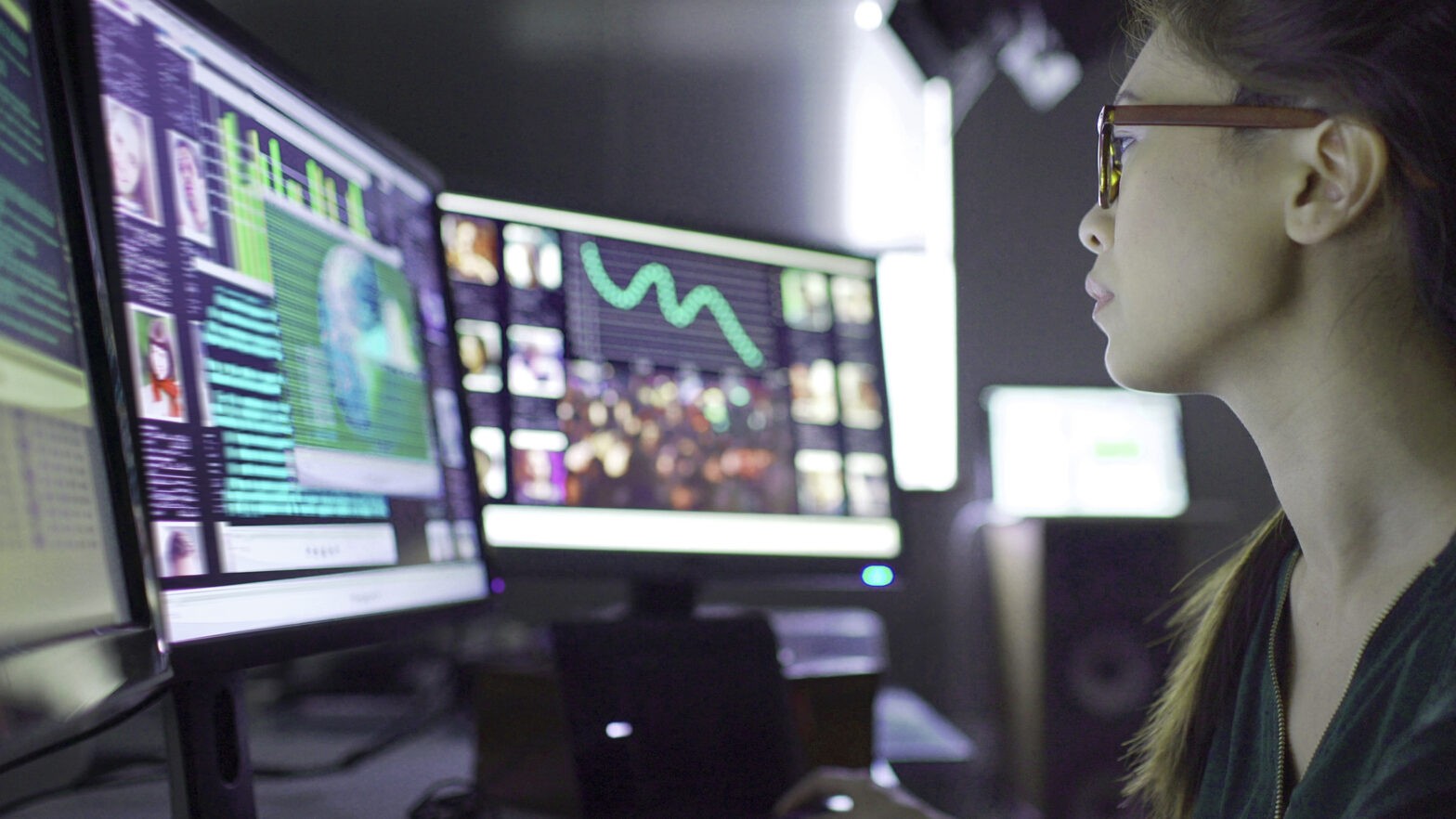One of the first research classes I took in graduate school was a course in Research and Evaluation. This class was not about statistics, nor did it require me to conduct any research. What it did require was that I became a better consumer of research.
This is a serious time. And there are serious people doing serious work by daily managing this virus. I thank them. I appreciate and value the work they are doing for us all.
There are also noisemakers out there. The people who spread gossip and rumors. They provide erroneous information and put all at risk of additional harm.
Just as the professor insisted in that Research and Evaluation course in the late ‘70’s, today we all need to become better consumers of research, including the news. We need to be able to discern the serious people from the noisemakers.
A memory tool I have used over the years to help me discern data, including news, is the mnemonic FIRST. Let me suggest you consider it as a tool to place in your discernment toolbox.
So, what does FIRST signify?
F: Funding. Who put this study together? Do they have a stake in its outcome? Who is delivering the study results you are looking at related to COVIS-19? Are they presenting results that uniquely favor them? Be cautious with what you hear and what you are communicating to others.
I: Investigation. Do not be seduced by unproven cause and effect rumors. Thoughtfully consider the difference between causation and correlation. Just because one thing follows another does not mean the one thing was caused by the other. Just because someone ingested vitamin C, garlic, sesame oil, or sea lettuce shows no signs of the virus does not mean that COVID-19 is prevented with vitamin C, garlic, sesame oil, or sea lettuce.
R: Results. Who is presenting the results? Is it the experts, the epidemiologists, infection control physicians, public health experts or the loudmouth talk show guy in need of attention (and sponsors)?
S: Subjects. Really, how big was the study? Was it the interviews conducted with the spring breakers in Miami, that one guy left in the dorm, the 70-year-old with co-mobility issues? It is hard to prove something works for everyone when the experiment was conducted on lab rats.
T: Time. How old is the study? COVID-19 is new. Also, a study that lasts the test of time is often more reliable than a study that lasts 3 weeks. We owe gratitude to those experimenting with vaccines, and why we are 11 to 15 months away from confidence that a vaccine works and does not cause damage.
Before believing everything you read/see/hear, take a deep breath and take a step back. Become a better consumer of research. Think FIRST.


